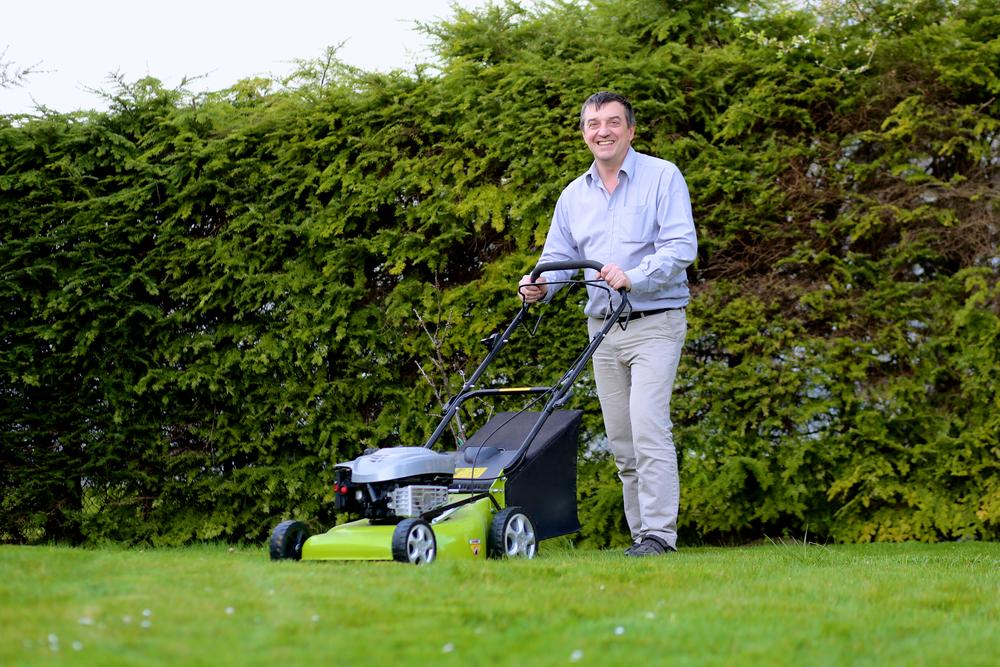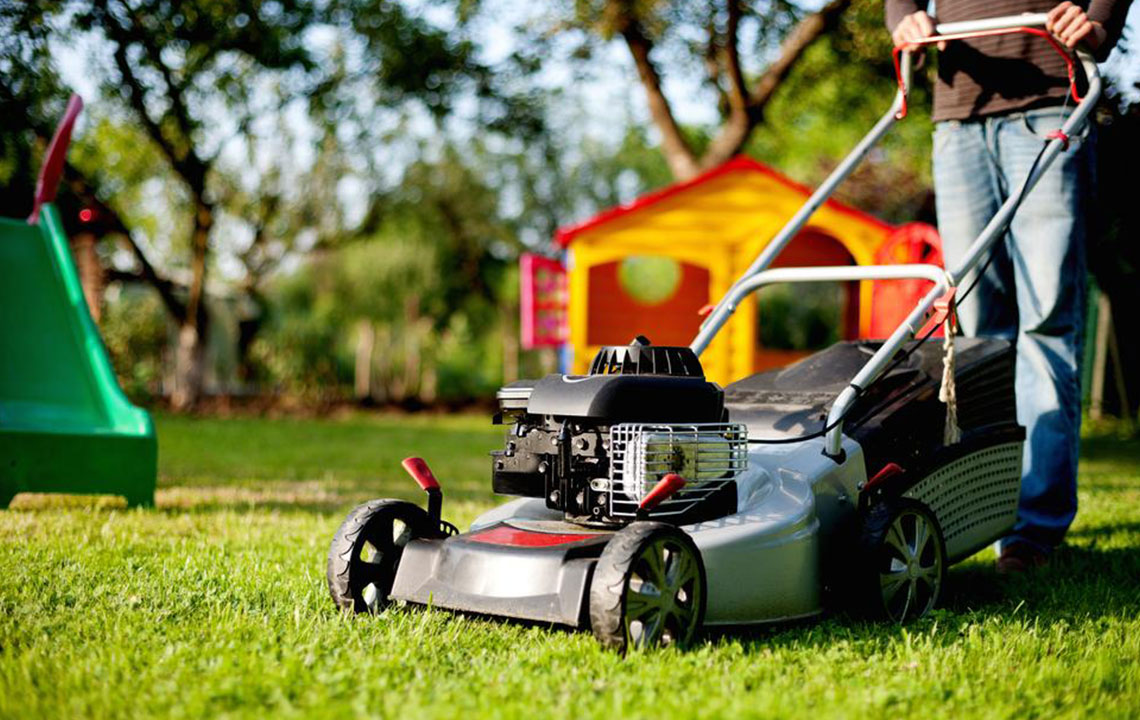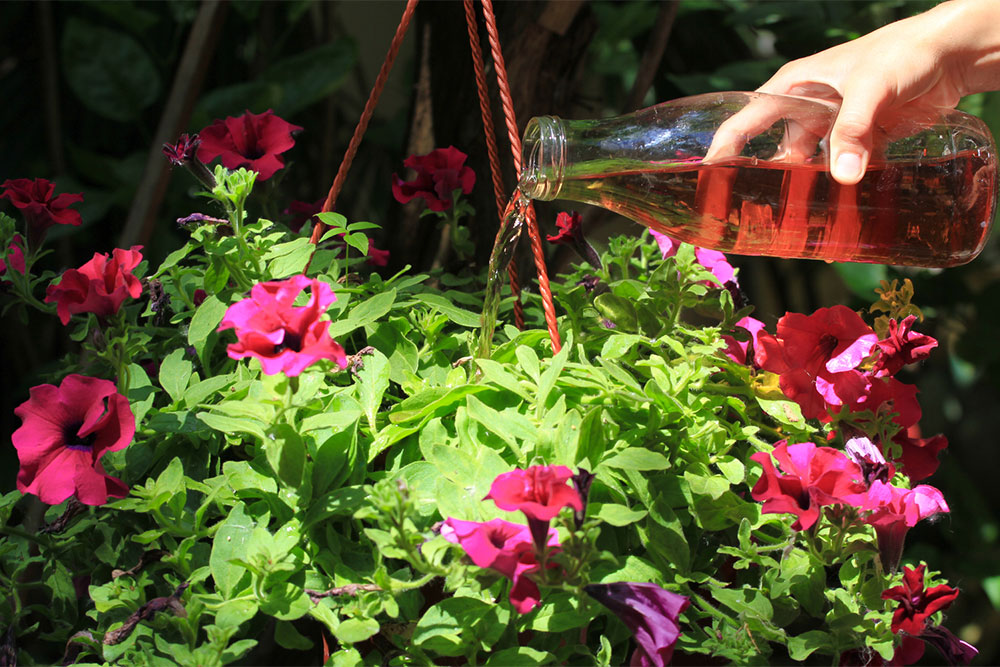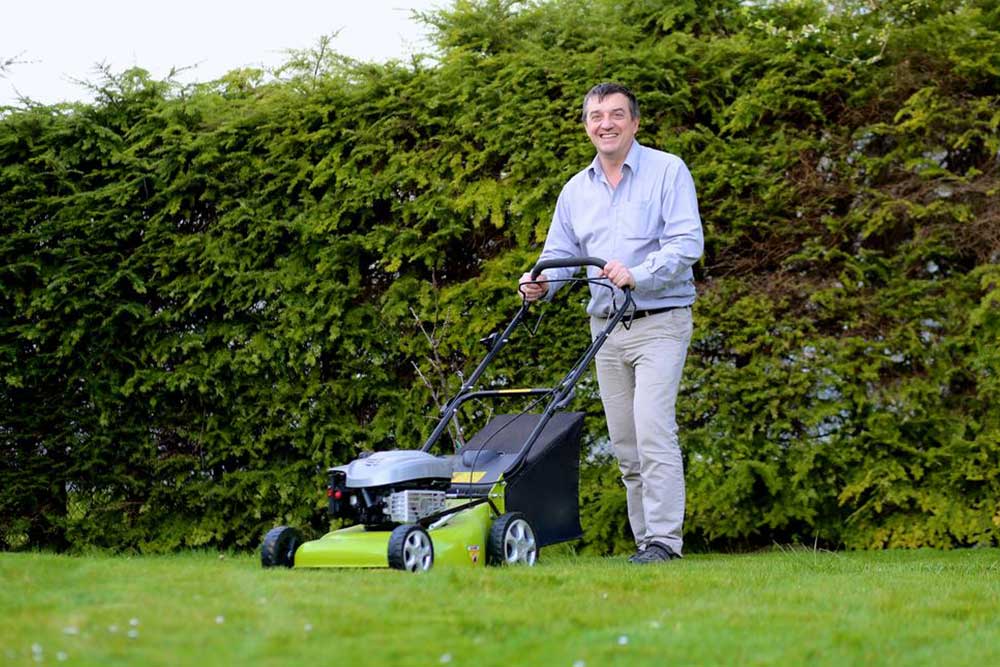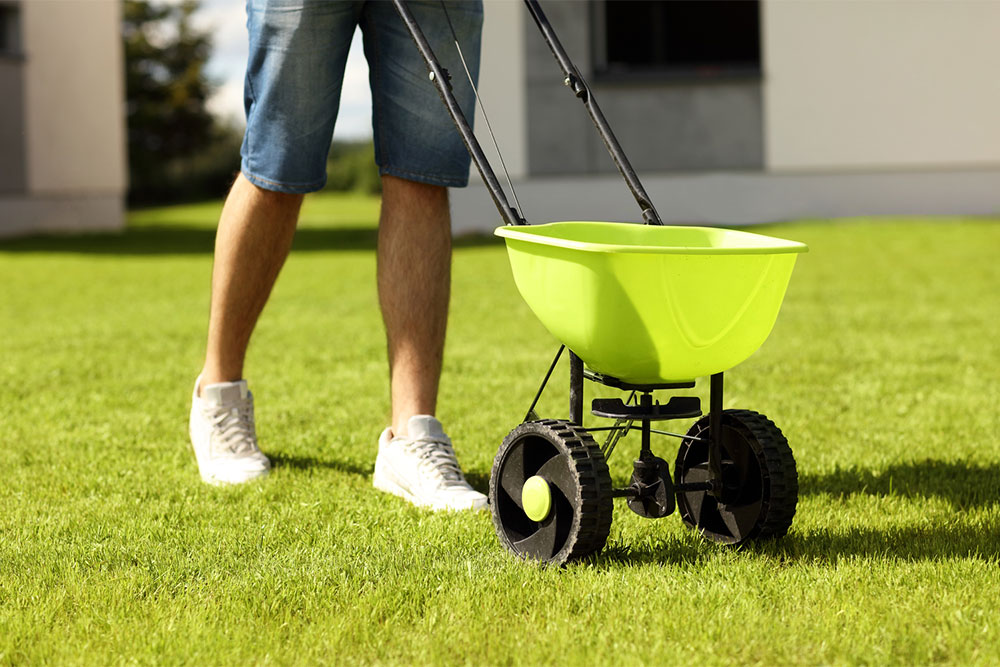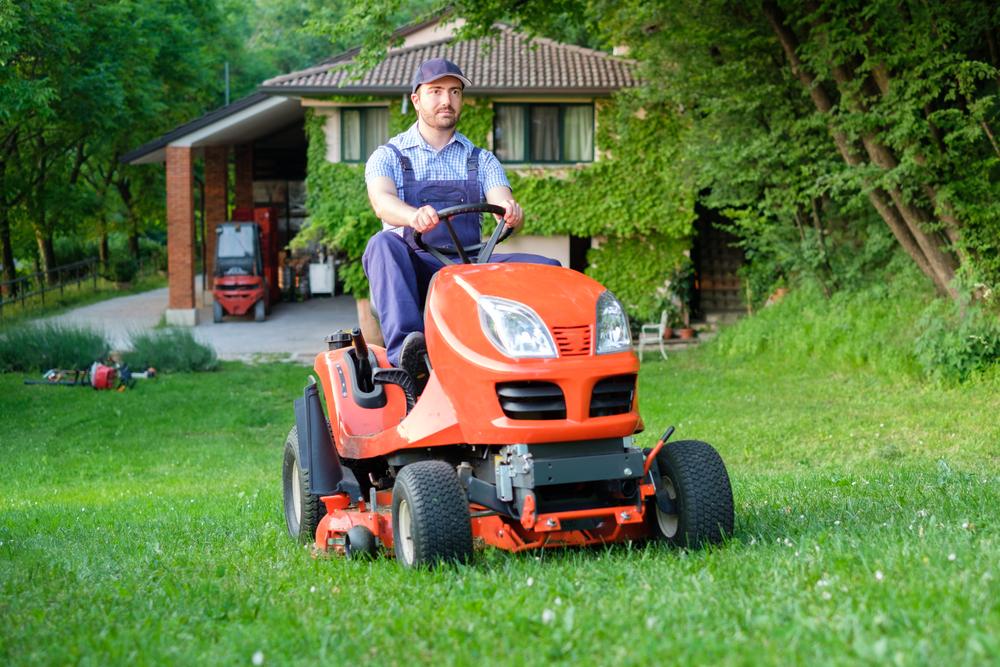Comprehensive Guide to Maintaining a Lush and Healthy Bermuda Lawn
Learn effective strategies for maintaining a healthy Bermuda lawn through proper fertilization, optimal timing, and DIY natural fertilizers. This comprehensive guide covers the benefits of regular feeding, pest and weed control, and eco-friendly fertilization methods, ensuring your Bermuda grass remains lush, green, and resilient all year round.
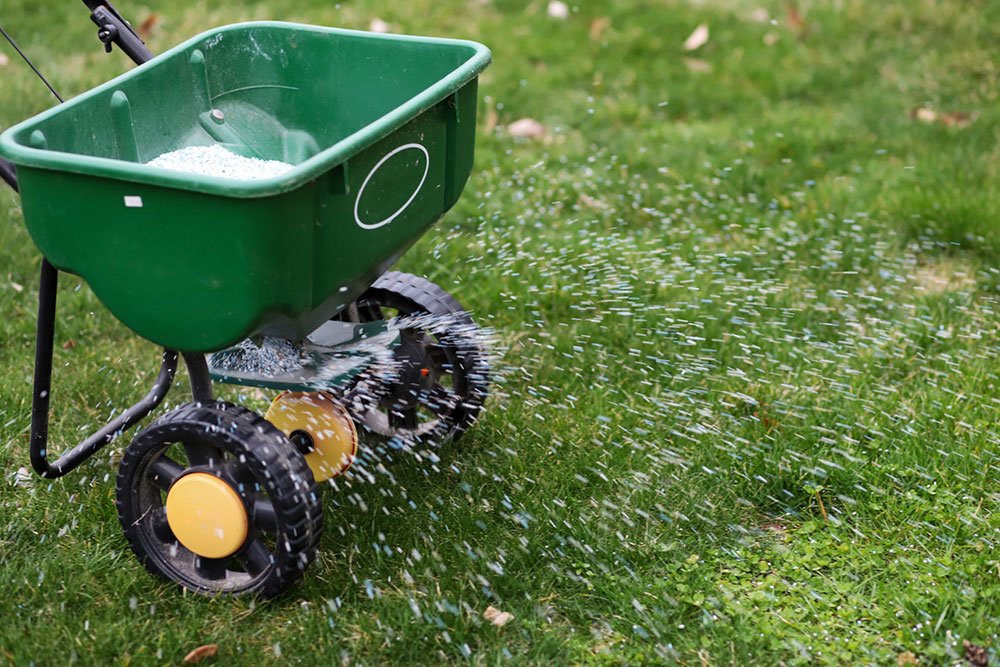
Comprehensive Guide to Maintaining a Lush and Healthy Bermuda Lawn
Bermuda grass is a highly favored choice for homeowners and landscapers aiming to achieve a vibrant, resilient, and durable lawn. Its excellent heat tolerance and drought resistance make it suitable for a wide range of climates, especially in warmer regions. However, maintaining its lush green appearance and vigorous growth requires dedicated care, particularly through proper fertilization techniques. An effective fertilization routine not only enhances visual appeal but also promotes a robust root system, improves resilience against environmental stresses, and controls weed and pest issues.
Why Fertilize Bermuda Grass? Fertilization is a cornerstone of healthy Bermuda grass lawns. Regular feeding supplies the essential nutrients that the grass needs to thrive, including nitrogen, phosphorus, and potassium. These vital elements drive vigorous growth, promote rich green color, and increase the turf’s ability to withstand drought, heat, and foot traffic. Without proper fertilization, Bermuda grass can become thin, yellowed, and more susceptible to pests and diseases. A consistent fertilization schedule ensures your lawn remains dense, healthy, and resilient throughout the growing season.
Benefits of Regular Fertilization on Bermuda Lawns
Lush Green and Dense Turf : Consistent fertilization keeps your Bermuda grass vividly green and thick, forming a dense carpet that enhances your landscape’s overall appeal.
Soil Quality and Health : Fertilizers help improve soil structure, encouraging beneficial microbial activity and nutrient retention, which supports long-term grass health.
Increased Resilience and Recovery : Well-fed Bermuda turf recovers quickly from drought stress, heavy foot traffic, and pest attacks, maintaining its lushness over the seasons.
Controlling Pests, Weeds, and Disease
Applying fertilizers correctly and at the right time can also promote healthy turf that naturally resists pests and weeds, reducing the need for chemical interventions. Robust grass stands out against invasive weeds and minimizes pest infestations.
Optimal Timing for Fertilization : The prime window to fertilize Bermuda grass is during its active growth period, from early spring through late summer. Specifically, March to May is ideal, as soil temperatures range between 65°F and 75°F, optimizing nutrient absorption.
Fertilizer Application Schedule : Begin nitrogen-rich fertilization in spring, continue through the summer until late August. Transition to potassium-focused fertilizers during early fall (September and October) to prepare the grass for dormancy. Refrain from fertilizing during winter to prevent excessive growth and potential damage during cold months.
DIY Fertilizer Options for Bermuda Grass
While commercial fertilizers are convenient and reliable, homemade fertilizers can be a cost-effective and environmentally friendly alternative. Common DIY options include compost tea and coffee grounds, both rich in essential nutrients vital for healthy turf growth.
Making Homemade Compost Tea
Gather kitchen scraps such as vegetable peels, fruit scraps, and crushed eggshells. Place these in a breathable mesh bag and submerge in a container of chlorinated water. Aerate the mixture regularly and steep for approximately 24 hours. Use a spray applicator to evenly distribute the nutrient-rich tea over your Bermuda lawn to enhance soil nutrients naturally.
Utilizing Coffee Grounds as Fertilizer
Sprinkle used coffee grounds directly onto your soil or mix about half a pound into five gallons of water to create a nutrient infusion. Raking the grounds into the soil can help improve nitrogen levels, promoting vigorous, lush grass growth. This method not only recycles coffee waste but also enriches your lawn naturally.
